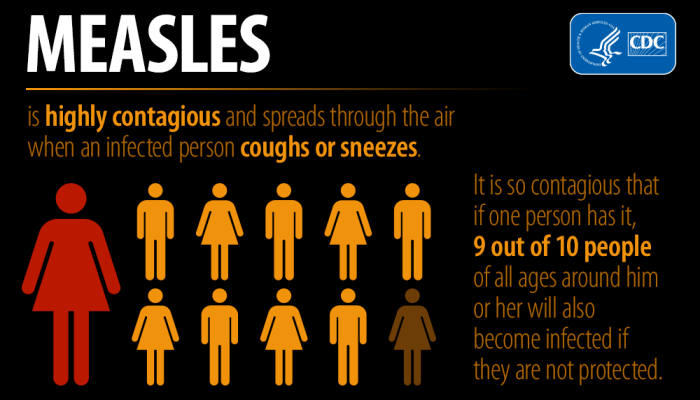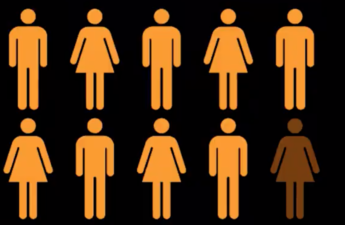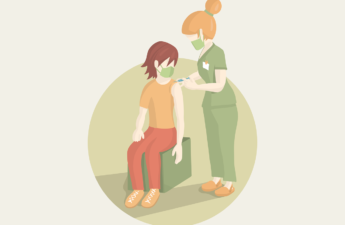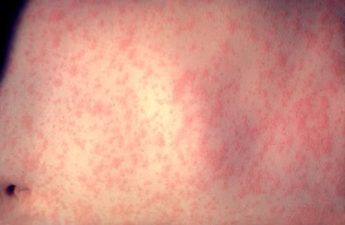
By James Apa, Public Health – Seattle & King Count
Public Health – Seattle & King County is investigating a new measles case with possible exposures in King County.
The King County resident, a woman in her 40s, spent time at sites in King County before she knew she was contagious. This is the third King County case identified this month, adding to the total of six recent measles cases in Washington state residents.
Public Health – Seattle & King County continues to work with the Washington State Department of Health, Tacoma-Pierce County Health Department, and Snohomish Health District to identify any connections between these cases.
At this point in the investigation, the information on the recent cases points to a common exposure from an unidentified person contagious with measles on April 25, 2019 at Sea-Tac International Airport, likely in the morning.
These agencies will provide updates to the public through their social media and websites as more information becomes available. Health officials have no reason to believe that there is currently an increased risk of getting measles by visiting the airport.
What to do if you were in a location of potential measles exposure
Most people in our area have immunity to the measles through vaccination, so the risk to the general public is low. However, anyone who was in the locations of potential exposure to measles around the times listed below should:
- Find out if you have been vaccinated for measles or have had measles previously. Make sure you are up-to-date with the recommended number of measles (MMR) vaccinations.
- Call a healthcare provider promptly if you develop an illness with fever or illness with an unexplained rash. To avoid possibly spreading measles to others, do not go to a clinic or hospital without calling first to tell them you want to be evaluated for measles.
- Vaccination or medication can be given after exposure in some cases to prevent illness – check with your healthcare provider. This is especially important for people at high risk for measles complications (see below).
Measles symptoms could appear starting from seven days after the first exposure to twenty-one days after the last exposure to someone with measles. Rash is most likely to appear a few days after the fever, ten to twelve days after an exposure.
Locations of potential exposure to measles in King County
Before the measles diagnosis was made, the infected individual was in several public locations included at kingcounty.gov/measles/cases. Transmission of measles can occur before people know they have the disease, before any rash appears. Anyone who was at the locations during the times listed could have been exposed to measles
As more locations are identified, they will be added to a list of all measles cases and locations of exposure in King County at kingcounty.gov/measles/cases.
More information about other cases in Washington state is available from the Washington State Department of Health.
About measles
Measles is a highly contagious and potentially severe disease that causes fever, rash, cough, and red, watery eyes. It mainly spreads through the air after a person with measles coughs or sneezes.
Measles symptoms begin seven to 21 days after exposure to someone with measles. Measles is contagious from approximately four days before the rash appears through four days after the rash appears. People can spread measles before they have the characteristic measles rash.
Measles complications can include ear infections, diarrhea, pneumonia, and rarely, encephalitis (brain inflammation). Complications from measles can happen even in healthy people but those at highest risk include: infants and children under 5 years, adults over 20 years, pregnant women, and people with weakened immune systems from drugs or underlying disease. If you are in one of these high risk groups and were exposed to measles, be sure to contact your health care provider to discuss the need for treatment to prevent measles infection.
Measles is preventable with the safe and highly effective measles, mumps and rubella (MMR) vaccine. According to the Centers for Disease Control and Prevention (CDC), two doses of the MMR vaccine are more than 95 percent effective in preventing measles and that protection is long lasting.
What public health officials are doing
Investigation of infectious diseases is one of the essential services local health departments provide. Because of increased measles activity nationally, health departments throughout Washington state are also alerting healthcare providers and working with schools and communities to provide education about preventing measles.
For more information about measles and measles vaccination: kingcounty.gov/measles


